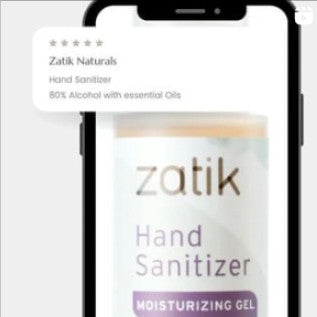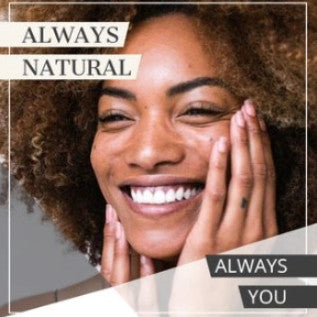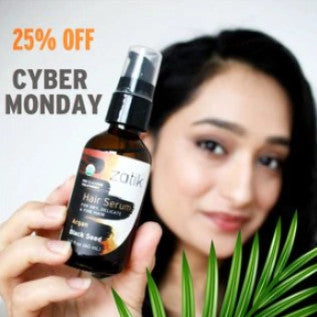Do detergents make you gag? Do you get weepy when you see women loading up on petroleum-based skin and hair care (or, gasp, baby care products)? Feel like you’re the only one in the world obsessed with natural beauty products? Well, you’re not—not by a long shot. According to a recent poll, more than half of women over age 35 and 73 percent of millennial women are choosing all-natural beauty products.
The findings are a result of a survey that polled more than 1,100 women about their beauty habits and their interest in natural products.
According to the findings, more than half of all women read beauty care labels before making purchasing decisions. And they do so in order to avoid chemical ingredients known to be harmful such as phthalates, parabens, and detergents.
The women surveyed also said they’re motivated to spend more money on “clean” skin care over the next several years—especially with children at home. Nearly 70 percent of mothers said they value natural beauty products compared with 56 percent of women without children.
“This is now on people’s radars,” Kari Gran, commissioner of the Harris Poll survey and founder of an eponymous line of holistic cosmetics, told Yahoo Beauty. “I think that when organic and green skin care came out, the [beauty] industry thought it was a fad. But the slow-food movement just built and built and built, and this now feels the same to me.”
While there’s no question that consumer demand is increasing, U.S. regulators have been slow to phase out toxic ingredients, put restrictions on their use, or require transparency in labeling to alert consumers to their health risks.
Many shoppers rely on blind faith in the cosmetics industry—assuming that in order to be on a store shelf, products meet safety criteria ensuring all products are harmless.
But that’s not the case; most ingredients are barely regulated for use. The USDA and FDA typically only step in after an issue such as acute adverse reactions to a product have been reported.
Making matters worse is the liberal use of misleading terms, such as “natural” or “pure.”
“When it comes to ‘natural cosmetics,’ the word natural means nonsense,” Scott Faber, EWG’s vice president of government affairs, tells Yahoo Beauty. “There is no definition for natural and no guarantee that so-called natural products are safer or better for the environment. It’s time for regulators to define natural in a way that protects consumers from misleading claims.”
But with increasing demand for truly natural products, the tide is turning.
“The upside here is that consumers are much more educated than they used to be,” says Gran. “People are no longer buying in at face value. They are listening to their friends and reading blogs and labels.”




